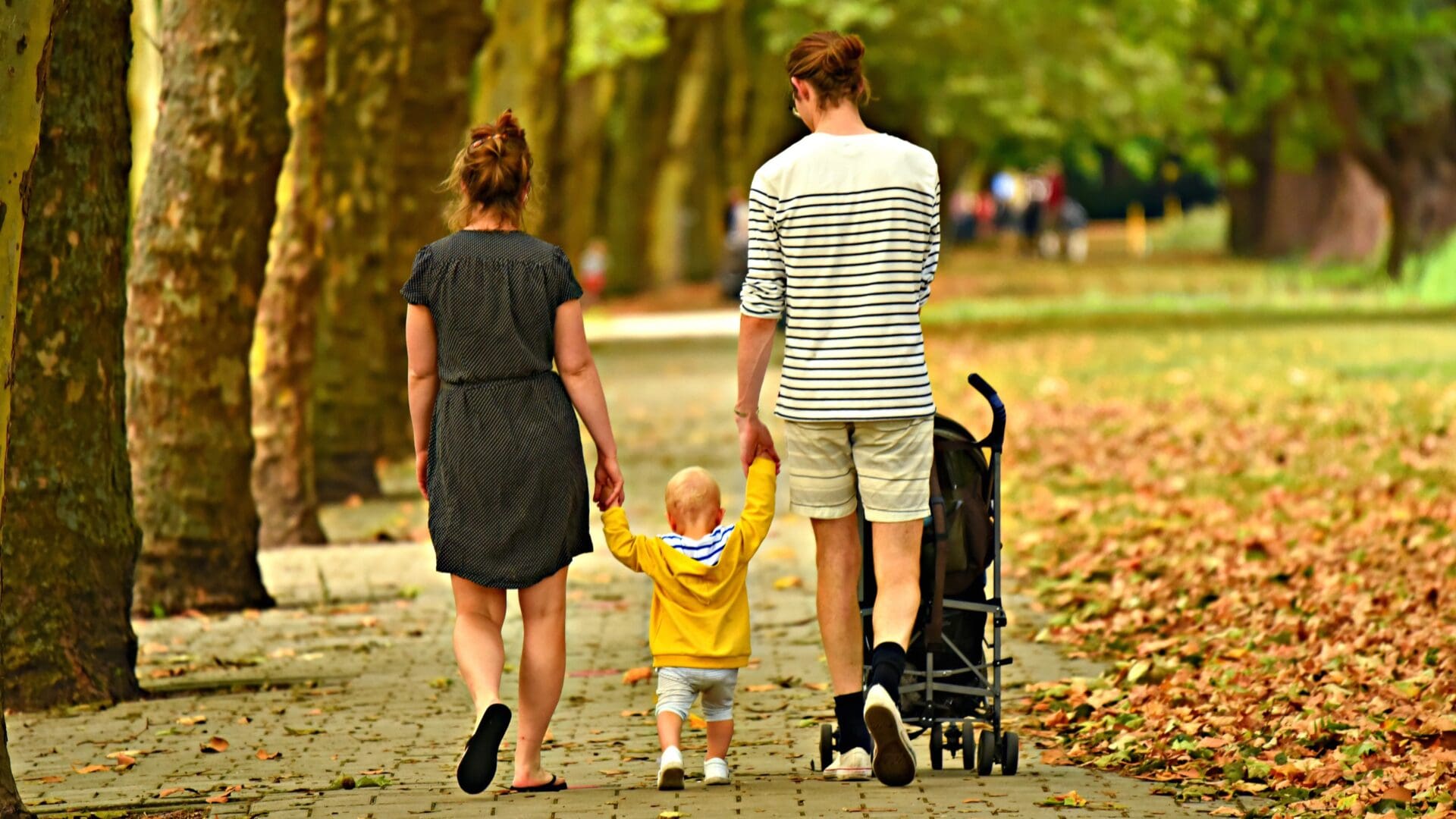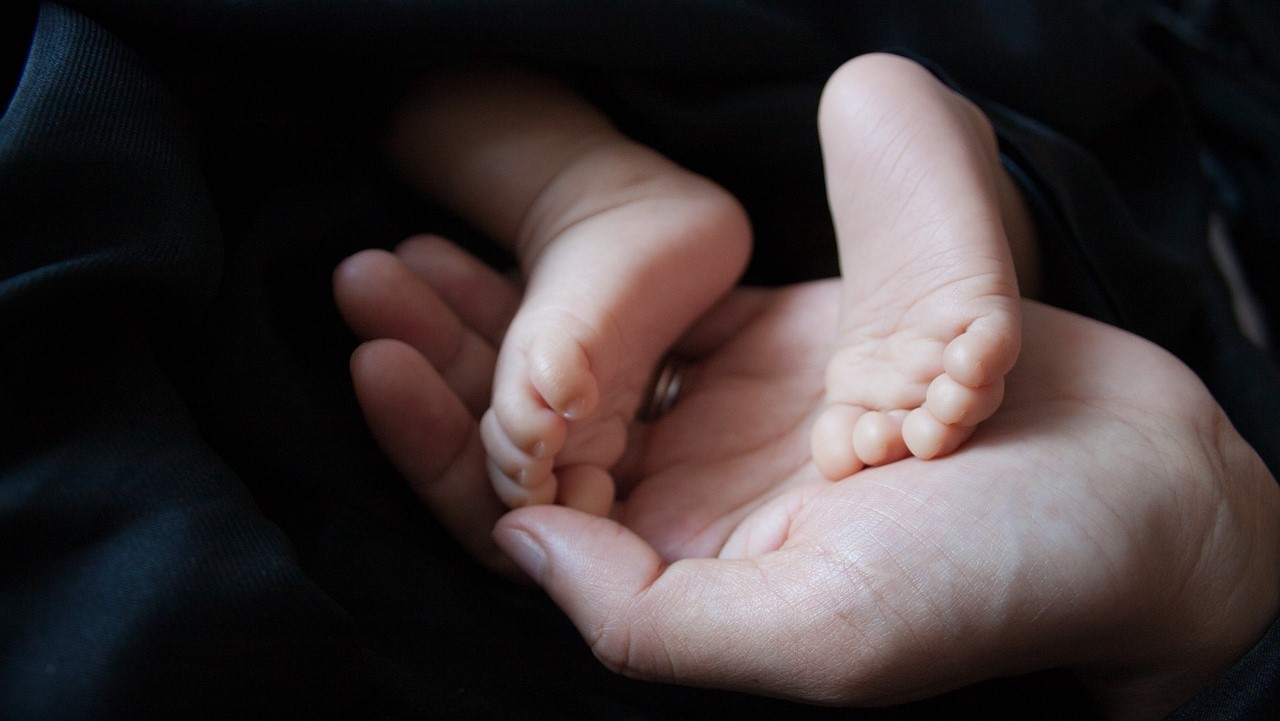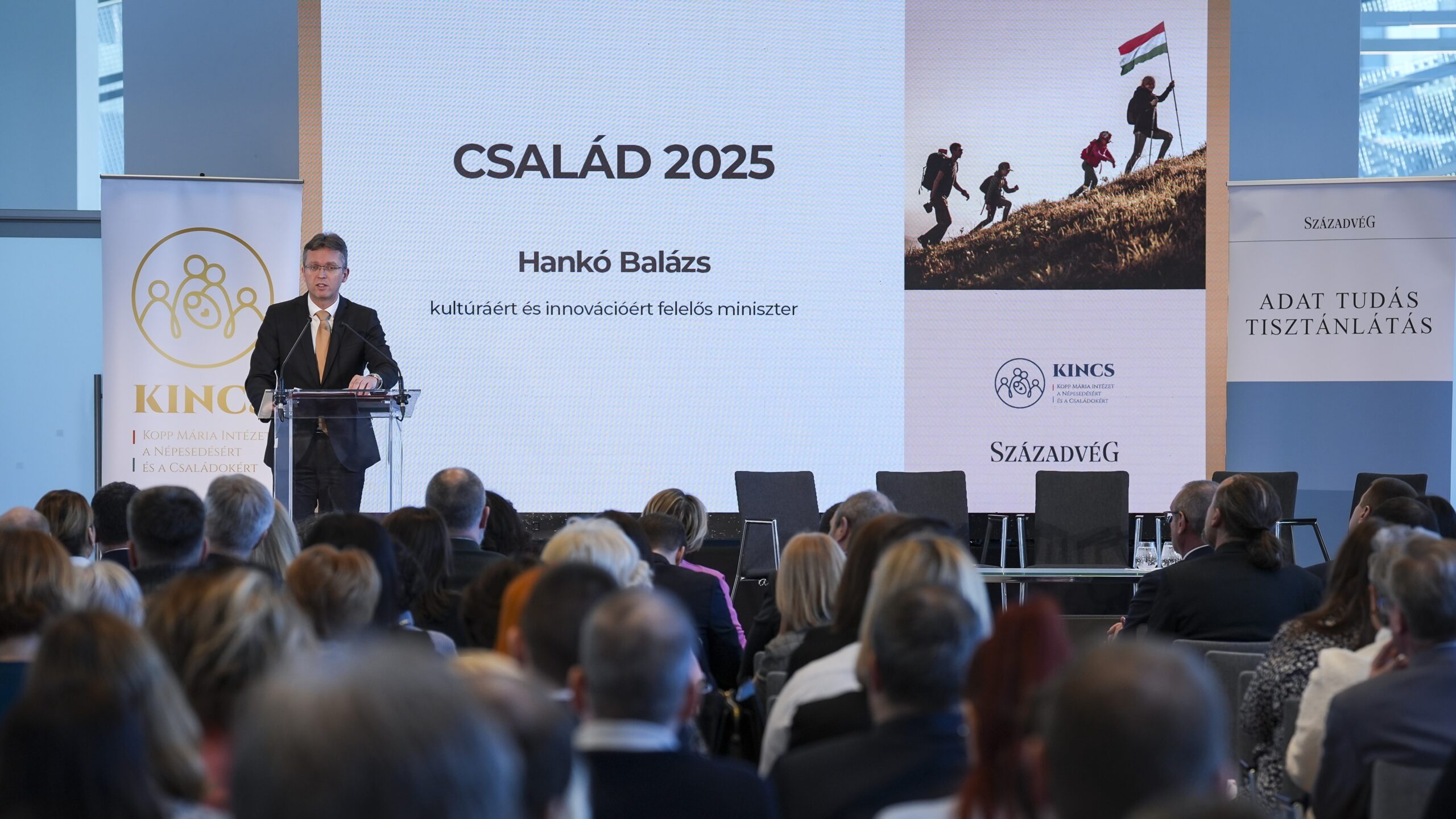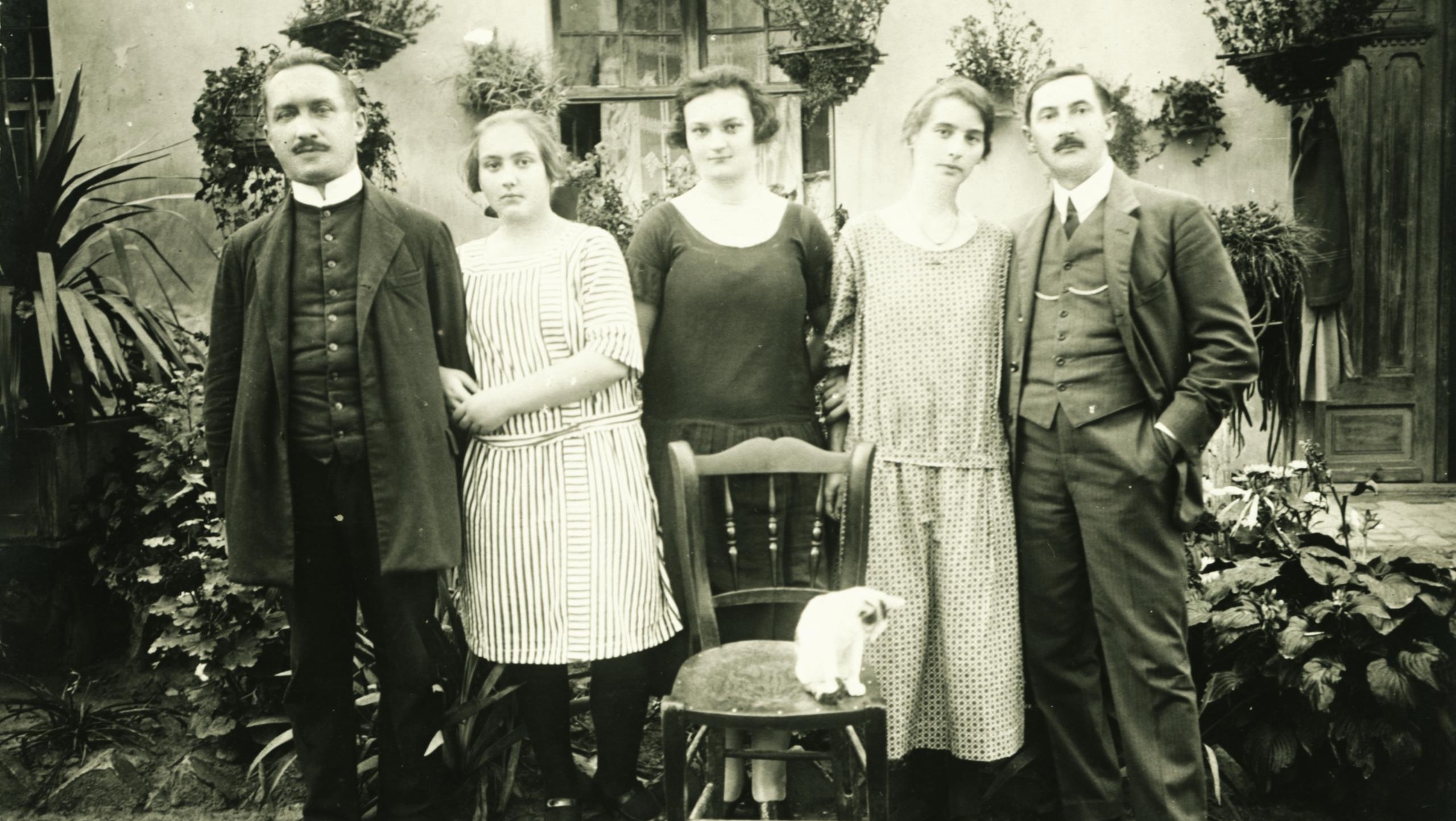
Hungary’s Family Policies Recognized in Washington as a Global Model
Hungary’s family support policies have attracted international attention, with US leaders praising them as exemplary. Following her visit to Washington, Secretary of State for Families Zsófia Koncz highlighted the country’s comprehensive approach to supporting families, which has contributed to rising birth rates and economic stability.









